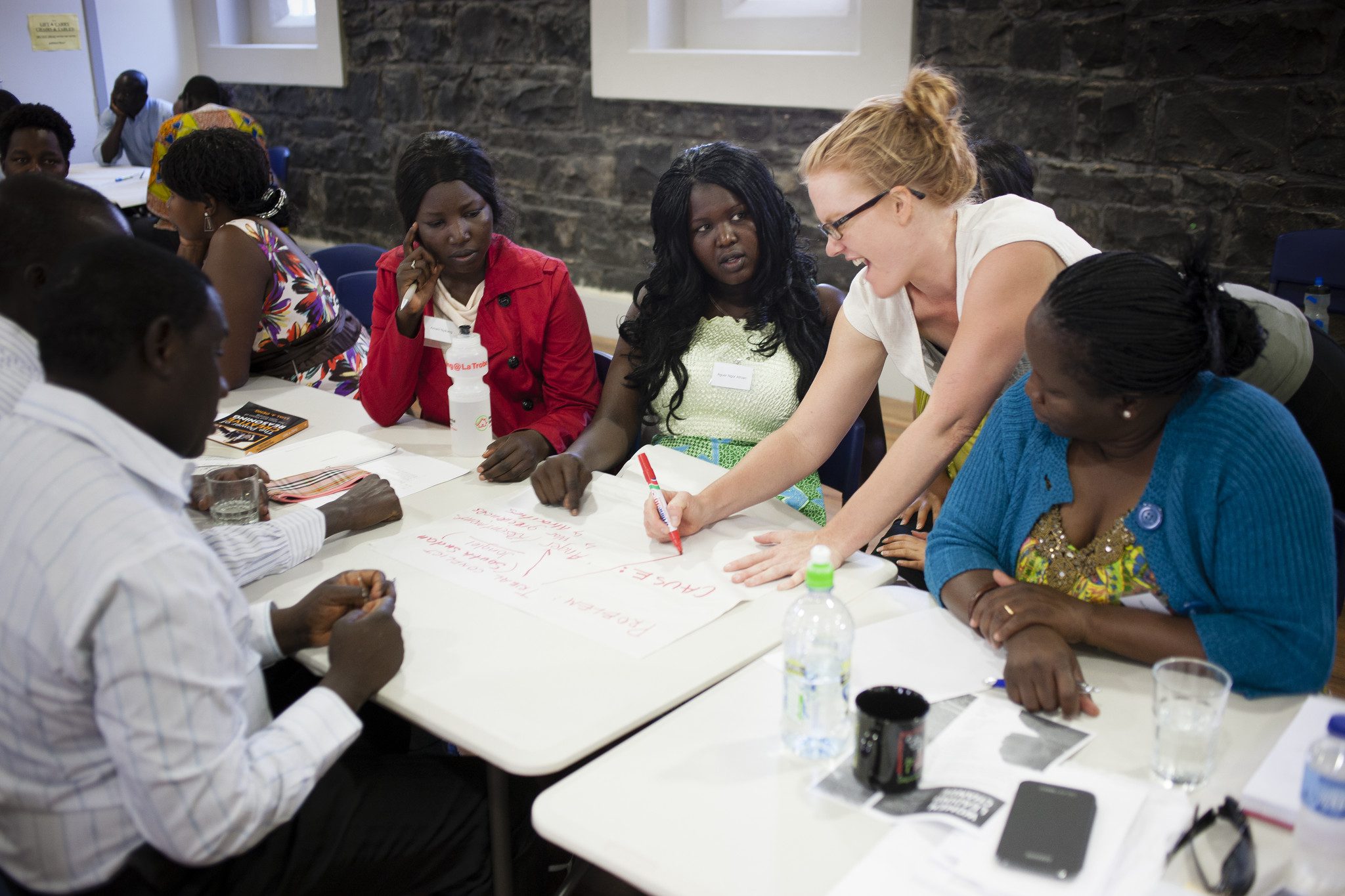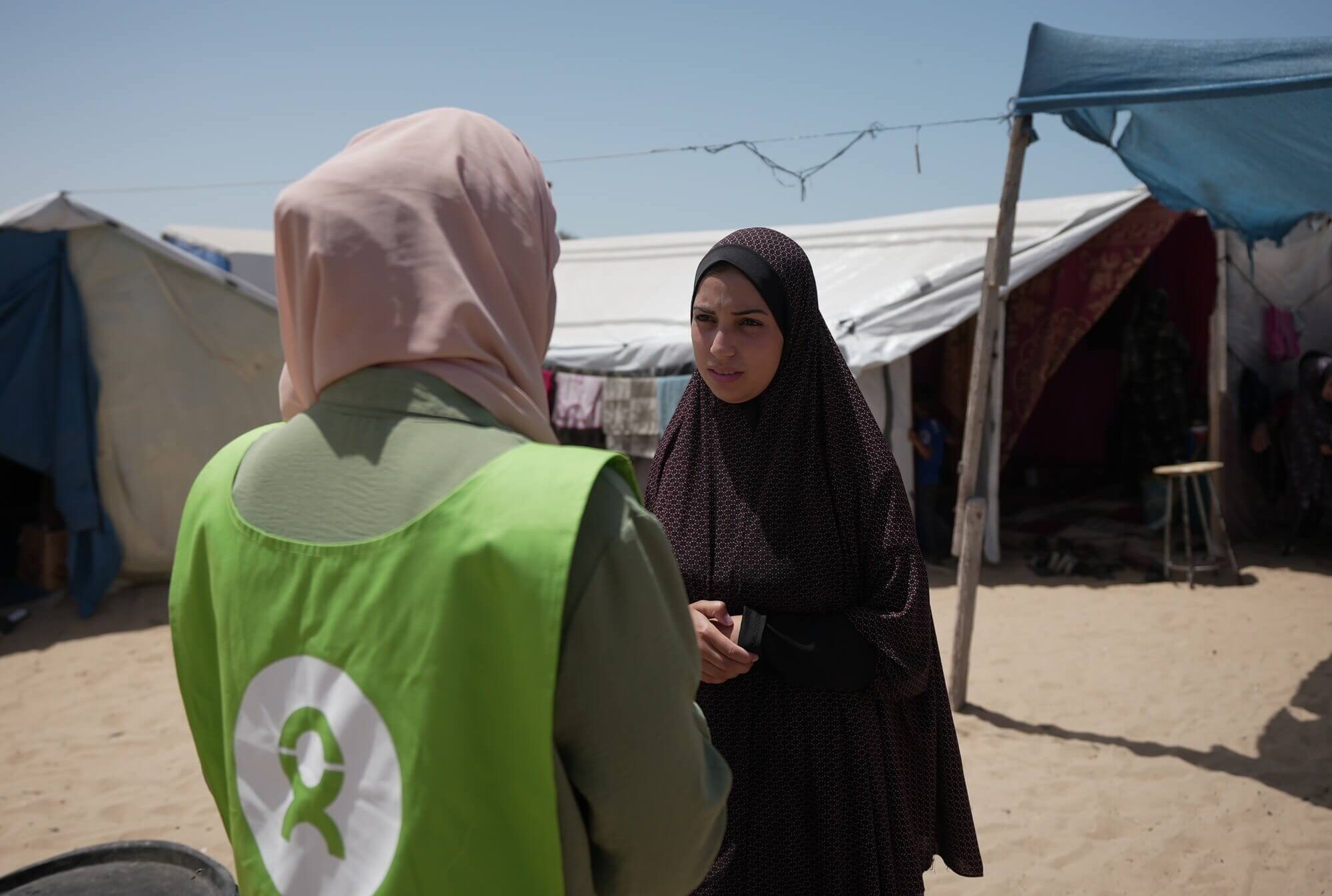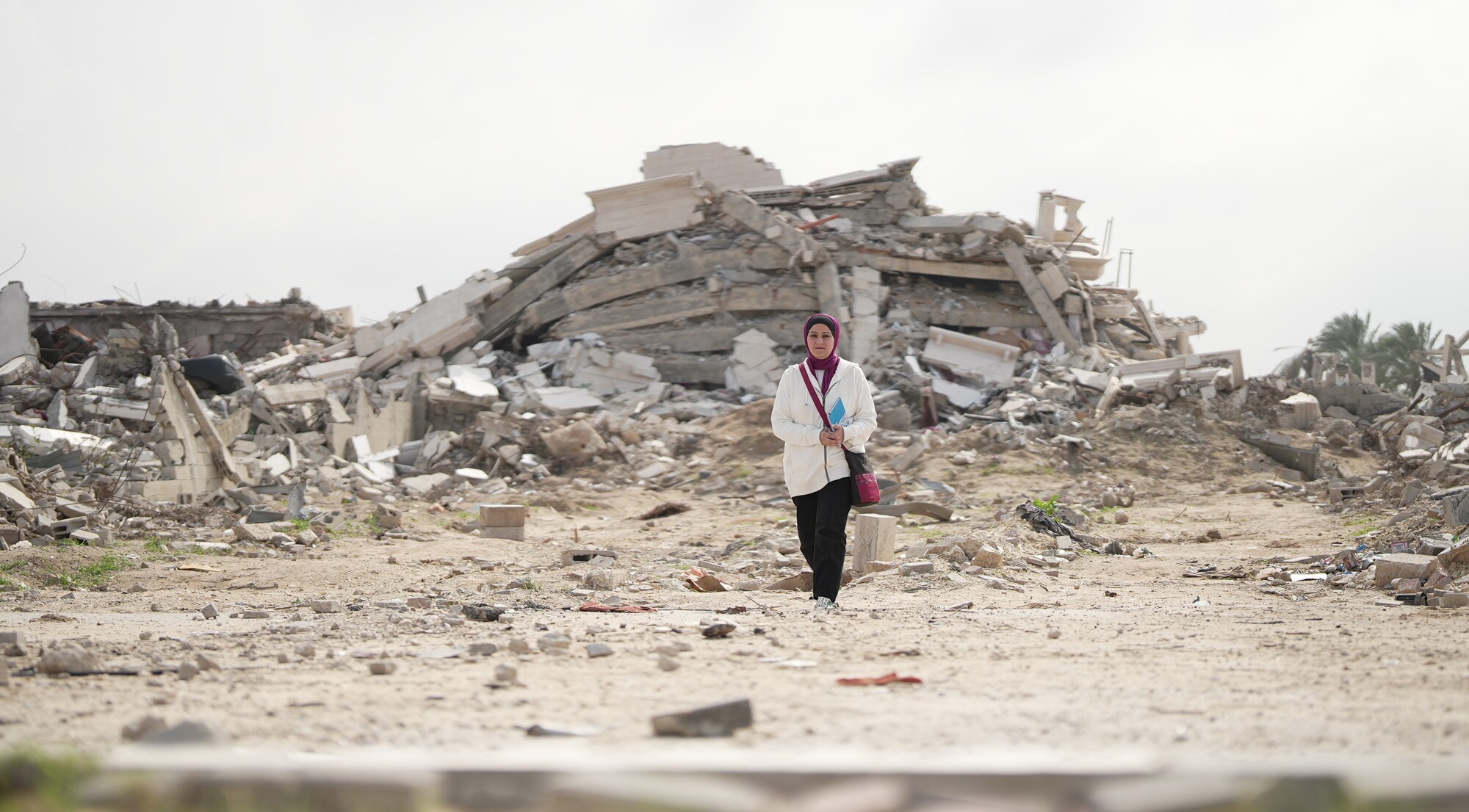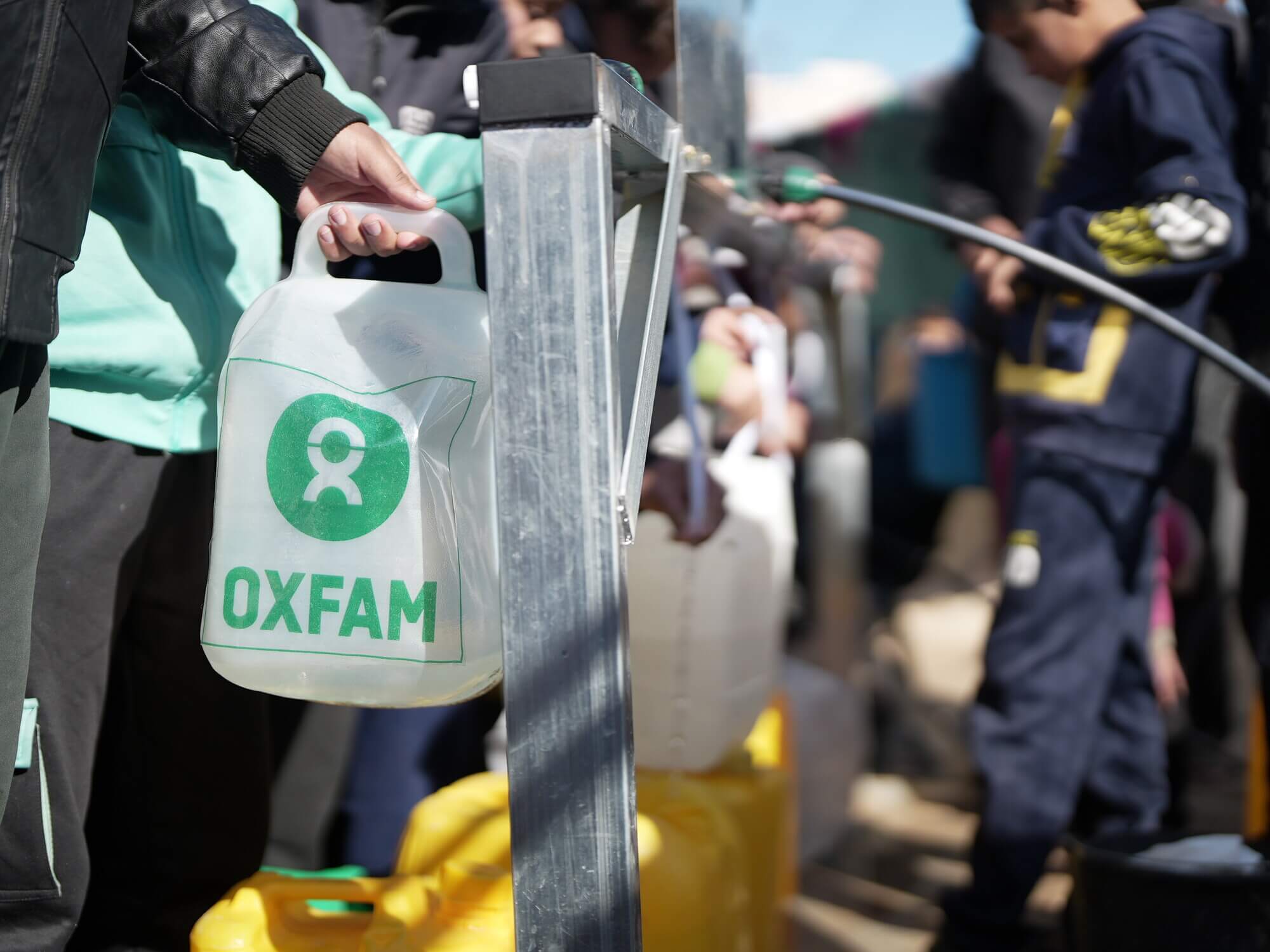It’s a pretty good day in the office when I get to work with a group of thirty inspiring South Sudanese community leaders and meet a Deputy Representative of the United Nations Secretary General. This is how I spent last Saturday at the final of six workshops run by the Humanitarian Crisis Hub in partnership with Oxfam Australia as part of the South Sudanese-Australian Diaspora Engagement Project, funded generously by AusAID. The project aims to support South Sudanese community members to build the necessary knowledge, skills and contacts to run effective development and peace building initiatives back home in South Sudan.
South Sudan is a country born out of thirty years of war; war which cost millions of lives, caused untold damage to the social fabric of society and has led to crippling brain drain. The future of South Sudan depends on the resilience and creativity of its people – including the large diaspora which has spread across the globe in search of safety and security.
There are now nearly 30,000 people of South Sudanese origin or ancestry in Australia, with the largest population in Victoria. In fact during the Referendum on South Sudan’s independence in 2011, the Melbourne polling centre had the highest voter participation of any polling centre outside the African continent.
As the South Sudanese community has grown and become more fully integrated into Australian life their capacity and ambition to help their fellow country men and women still suffering in South Sudan has grown. Many South Sudanese Australians have made the long trip home, revisited their old villages and begun supporting development projects such as building schools and clinics and also working for government departments. Diaspora contributions to peace building and development are very welcome – and need to be supported and harnessed to ensure the best outcomes for the men and women of South Sudan.
This is what brought me to Footscray on Saturday. The training session I delivered focussed on advocacy and campaigning; as Oxfam well knows, advocacy and campaigning are critical in order to change the power dynamics at the heart of poverty and injustice. We explored strategies for making change happen and covered core tools in the advocates’ toolbox, such as power analysis. It was a great pleasure to work with a group of such incredibly talented people committed to making a difference.
In a wonderful coincidence it just so happened that the self-described “team captain” of the United Nations agencies in South Sudan – Deputy Special Representative of the UN Secretary General Toby Lanzer – was in Australia as part of an Asia Pacific tour of donor capitals. Toby had met with AusAID in Canberra to talk about the need for Australia to fund long-term development in South Sudan, and he reached out to Oxfam to arrange a meeting with the diaspora communities in Melbourne. Toby led a lively and fascinating discussion with the South Sudanese community about their role in the country’s future. He sent a clear message – to build South Sudan and prevent future escalation of conflict, the diaspora have a critical role to play.
On a recent visit to South Sudan, Australia’s Parliamentary Secretary for Foreign Affairs Richard Marles commented that given the large number of South Sudanese in Australia, “there is a particular relationship which is now building between Australia and South Sudan – It’s not a relationship based on being good friends now, it’s actually a relationship based on being family”. Oxfam Australia fully agrees! We hope our work supporting the South Sudanese diaspora here will contribute to strengthening those family ties for the benefit of all South Sudanese.
Oxfam is also working in South Sudan supporting emergency relief and long-term recovery programs including providing clean water and basic sanitation, supporting people to improve their skills and job opportunities and providing cash relief to help people manage rising food prices. Find out more about how you can help.
Steph Cousins is Oxfam Australia’s Humanitarian Advocacy Lead



